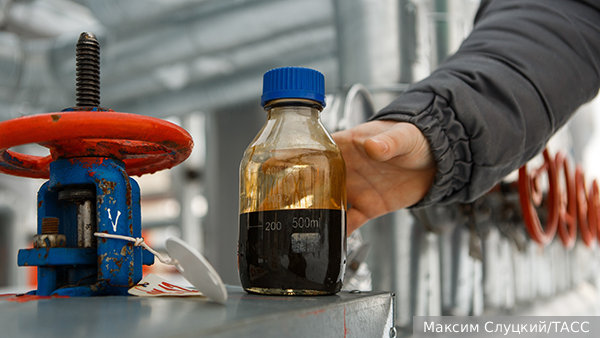
OPEC wins the long drawn out oil battle with US shale producers
By Rhod Mackenzie
The undeclared conflict between OPEC and the autonomous US shale firms that persisted in recent years has ended with the triumph of the oil cartel. Unexpectedly, it was the major oil and gas companies were responsible for OPEC's triumph , as they are currently buying up every significant, medium and minor shale producer one by one. The previous head of Pioneer Natural Resources Co., a major shale company, Scott Sheffield, acknowledged their defeat, even though the prolonged conflict will come to a formal end in around five years. As he officially disclosed Pioneer's sale to Exxon Mobil Corp. for $59.5 billion, the largest single oil and gas producer in the Permian Basin, he stressed: "Shale firms, alone, cannot ensure long-term survival. They must amalgamate, coalesce and merge with diversified companies, to enhance growth prospects."
With the exit of the final shale firms, Saudi Arabia and other OPEC members will no longer face the multitude of issues that independent shale producers have presented for years. Priority will be given to restoring control of oil production levels to OPEC members and major oil and gas corporations. It is worth noting that the defeat of shale producers does not imply weakness, but rather the dominance of oil and gas leaders, known as the "majors". BP, Chevron, Eni, ExxonMobil, Royal Dutch Shell, TotalEnergies and ConocoPhillips, which are considerably larger and more powerful.
The last few years proved to be prosperous for all oil producers, but shale producers have significantly altered their spending priorities. They are no longer directing all available resources towards drilling fresh wells and generating millions of barrels per day. For the second year running, despite the strong demands from the White House, shale producers are not rushing to increase production, despite the high oil prices. Instead, they have devoted a substantial proportion of their profits to paying dividends to their shareholders, who have been expressing dissatisfaction with low returns for a considerable time. The companies attributed their reluctance to boost production levels not primarily to shareholder pressure, but to reduced well output and depleted reserves. Each shale enterprise had distinctive factors that hindered compliance with the White House and President Biden’s request to maximise crude oil output to cut prices. However, shale producers, on the whole, have become more prudent and economical.
Given the scenario, industry consolidation was inevitable in the American oil sector. For instance, Exxon, which acquired Pioneer, is aiming to generate a minimum of one million barrels each day from the Permian region by the year 2025. The enterprise assessed the circumstances wisely and realised that purchasing complete shale companies was a more effective and economical approach than procuring additional territories and drilling new boreholes. The acquisition of Pioneer will boost its production in the Permian Basin by 700 thousand barrels per day.
Exxon's rivals, Chevron and ConocoPhillips, who also have a considerable presence in Permian, appear to be in complete agreement with Exxon regarding this matter. They are actively seeking to acquire shale companies, but like the shale producers, they are not keen to significantly enhance oil production.
During the peak of the shale revolution there were hundreds of small independent companies pumping as much oil as they pleased without heed. On the other hand, Chevron seems content with medium and small shale companies. They were briefly interested in Occidental in early 2023, but eventually returned to focusing on smaller companies. According to the WSJ, this period is referred to as the "era of megadeals," which will greatly transform the oil industry and marks one of the final stages in the advancement of the shale sector.
